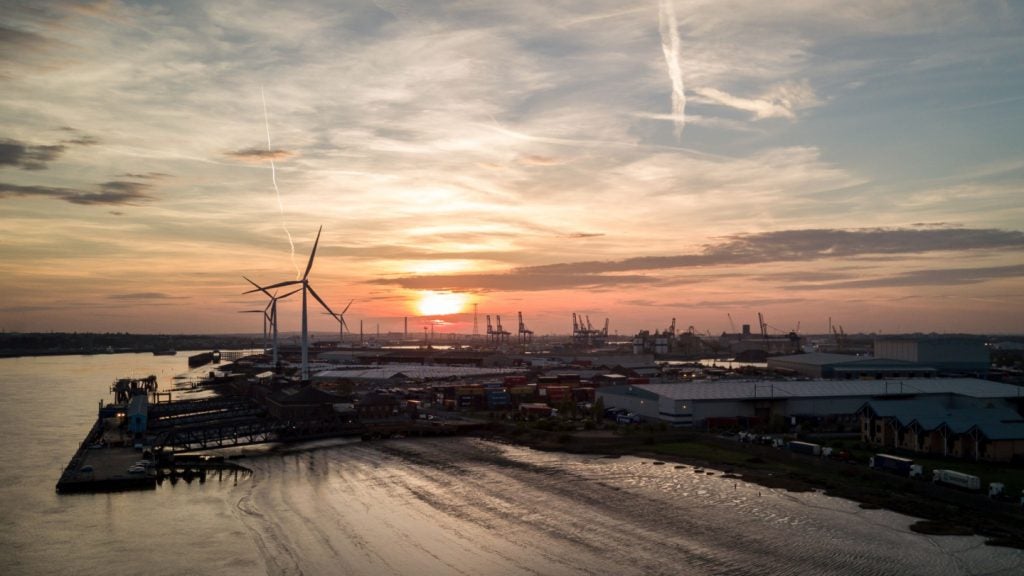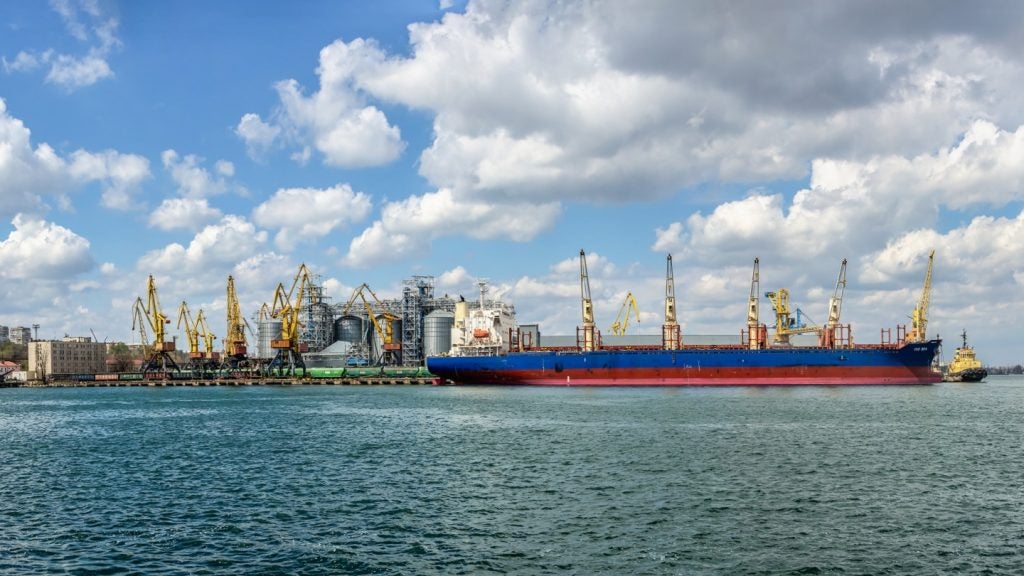Another round of investment in clean maritime projects has been unveiled by the UK government, which includes a new Clean Maritime Research Hub and a boost to green corridors.
The Clean Maritime Day package is the latest investment to be unveiled during London International Shipping Week (LISW) and includes approximately £10m of government funding, including £7.4m towards the new research hub led by Durham University.
Transport Secretary Mark Harper said: “With 95% of the UK’s trade happening by sea, the maritime sector is vital to our country’s economic output but it’s also one of the biggest contributors to the UK’s emissions.
“That’s why it’s so important that we focus on how decarbonising maritime can help grow the economy.”
The research hub will be formed by a group of 13 UK universities and over 70 other partners who will research maritime decarbonisation over the next four years until March 2027, seeking to support UK businesses across the sector in getting a head start on clean technologies.
In addition to the government’s backing, the research hub will also receive £1.85m from the partner universities and a minimum of £9.7m in cash or in-kind private contributions across the programme’s run.
Another research hub, the Net Zero Transport for a Resilient Future Research Hub, has also been launched to look at developing affordable low-carbon transport infrastructure.
Alongside the research hubs, the government has also revealed a £1.5m International Green Corridor Fund, in collaboration with Norway, Denmark and the Netherlands, to work on end-to-end green shipping following the Clydebank Declaration for Green Shipping Corridors at COP26.
The new international fund will cover feasibility studies into building on the commitment to decarbonise shipping lanes, which will act as a test ground to encourage further investment into green shipping technologies.
Mark Simmonds, director of policy and external affairs at the British Ports Association, said: “Green corridors are an exciting opportunity for industry to demonstrate the low-emission fuels and technologies of the future.
“The partnerships between industry and different governments will be critical in making them a success so we are pleased to see coordinated funding from the UK and other countries with high ambition for tackling climate change.”
The other investment from the government announced as part of the package is a £1m boost to develop maritime clusters across the UK, such as the Maritime Knowledge Hub in Liverpool and the Cornwall Marine Network.
Though the government’s Clean Maritime Day package follows other recent investments like the £80m funding towards a Zero Emission Vessel and Infrastructure fund, the government and wider industry have also faced calls for more funding to be allocated to the decarbonisation cause.
Maritime UK started LISW with a call for a £2bn investment into maritime decarbonisation every year, saying the funding would be essential if the industry wanted to meet its target of achieving net zero emissions by 2050.















